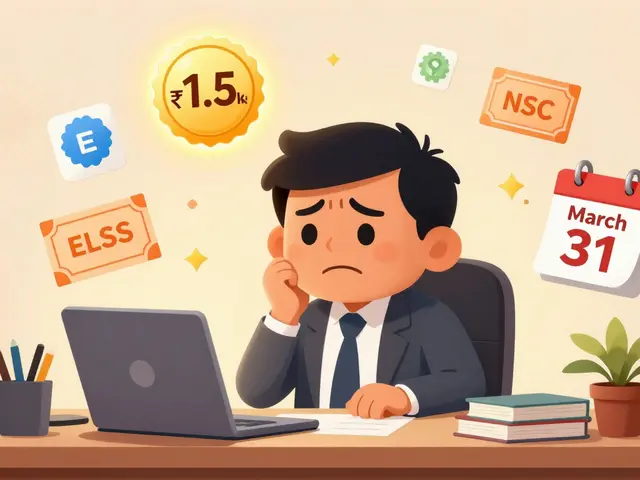Nasal Drops: Simple Ways to Breathe Easier
Ever struggled with a stuffy nose and wondered if nasal drops could help? They’re a handy option for clearing nasal congestion fast. But to get the relief you want without side effects, you need to know when and how to use them properly.
Nasal drops work by shrinking swollen blood vessels in your nose, making it easier to breathe. They come in various types — saline drops to moisturize, and medicated drops containing ingredients like oxymetazoline or phenylephrine to reduce swelling. Saline drops are safe for most people and can be used frequently, while medicated drops usually offer stronger relief but shouldn’t be used for more than a few days at a time to avoid rebound congestion.
How to Use Nasal Drops Like a Pro
Using nasal drops might sound simple, but the right technique makes a big difference. First, wash your hands to avoid introducing germs. Then, tilt your head back or lie down with your head slightly tilted to one side. Gently squeeze the recommended number of drops into one nostril, keeping your mouth closed and breathing normally. Stay in that position for a minute to let the drops spread well. Repeat for the other nostril if needed.
Be careful not to share your nasal drops with others to prevent spreading infections. Also, follow the dosage instructions on the bottle or given by your doctor — more doesn’t mean faster relief and could cause irritation. If you have other health conditions or take medications, check with your healthcare provider before using medicated nasal drops.
When to Avoid Nasal Drops and Other Tips
While nasal drops can be a quick fix, they’re not for everyone. If you have a nose injury, chronic nosebleeds, or certain heart problems, nasal drops might not be a good choice. Also, using medicated drops for more than three to five days can lead to worsening congestion, known as rebound effect. If your symptoms stick around or get worse, it’s time to see a doctor.
As a safer alternative, saline nasal sprays or rinses can be used regularly to keep nasal passages moist and clear. Drinking plenty of fluids and using a humidifier also helps reduce nasal irritation. Remember, nasal drops can ease symptoms, but they don’t treat the underlying cause of congestion like infections or allergies.
With a little knowledge, nasal drops can be a useful part of your health toolkit. Use them wisely and take care of your nose—you’ll be breathing easier in no time.

Confused about choosing nasal drops? Learn how to select the right type based on your needs, risks, and benefits. Get clear and practical advice for safe, effective sinus relief.
Continue Reading





